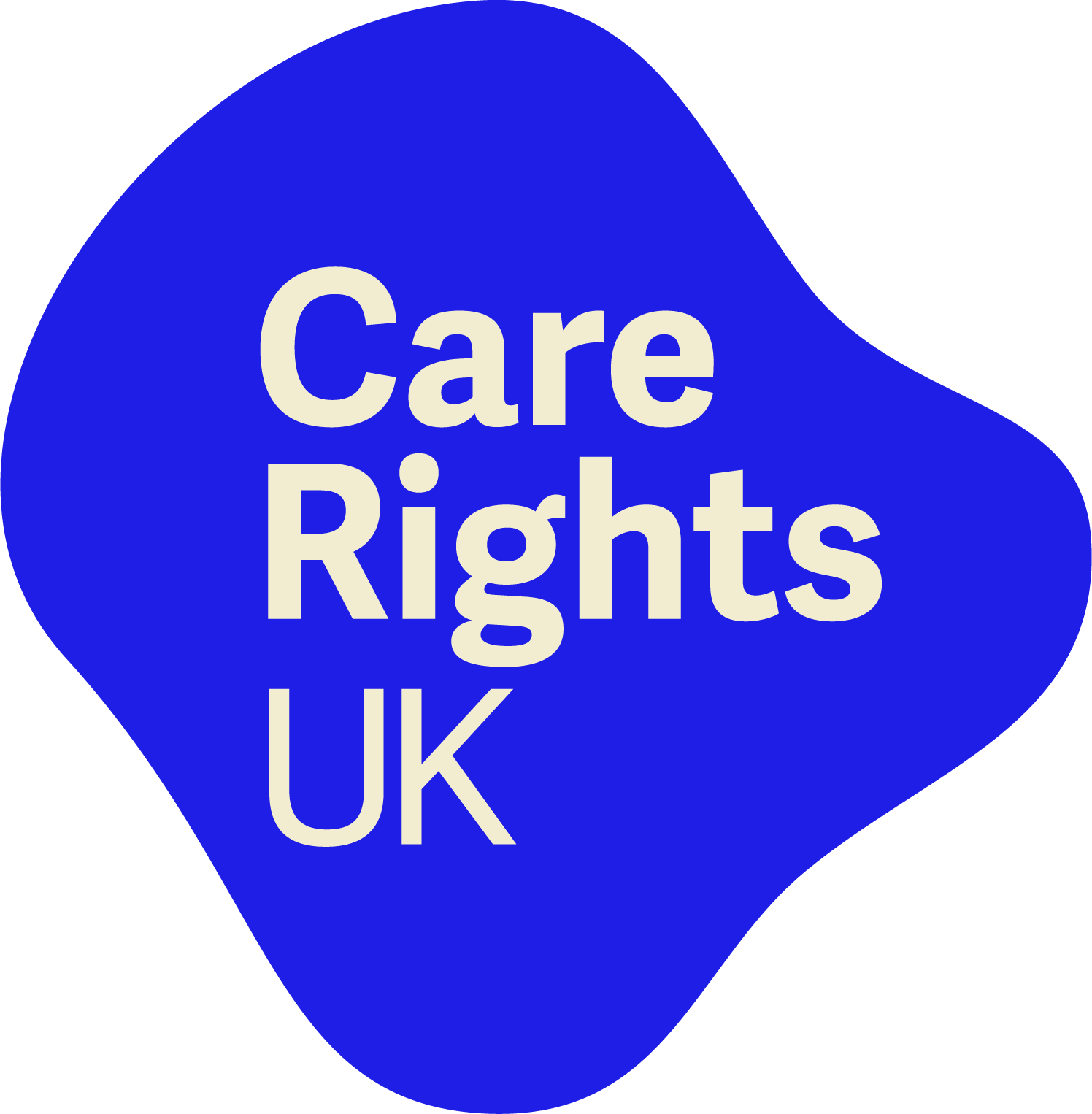Where next for human rights in Wales?
Care Rights UK director, Helen Wildbore, shares her contributions to a webinar on Writing the Next Chapter for Human Rights in Wales
1 February 2024
I was delighted to be invited by the Older People’s Commissioner for Wales to share my thoughts at the webinar on ‘where next for human rights in Wales?’.
It is a huge topic, and one I could have spoken about all day, but I restrained myself to three key points…
Existing rights must be respected and protected
The threats to repeal or weaken the Human Rights Act by the UK Government must continue to be resisted. We must shore up, embed and protect those existing rights. The Human Rights Act can be a powerful tool to bring about positive change when people know about it and can use it in their everyday lives. We must close the huge knowledge gap on human rights. This means empowering people to know their own rights, but also building the knowledge and skills of staff running our services.
Training on the Human Rights Act should be mandatory for people running our services, like care workers, social workers, inspectors, health practitioners etc. This training can empower staff on understanding the rights and their legal duties, to avoid breaches. But it should also focus on practical ways they can use these legal rights to improve services.
Additional rights need legal protection
The pandemic has taught us a very painful lesson about the devastating impact of separating people from those most important in their lives. Never again should we be isolated from the person we depend on as our eyes, ears, voice; our advocate, carer, confidant. This could be a family member or friend - the person we choose to be there, to support us in health or care settings.
We’ve called them a Care Supporter and are campaigning for a new legal right across health and care settings. No-one should have to suffer alone. No-one should ever have to die alone again.
We’re working (in partnership with John’s Campaign) with a coalition of MPs to take this forward, including Plaid Cymru’s Liz Saville Roberts. This is timely, as the Welsh Government’s work on strengthening human rights protections in Wales is underway.
Fear of speaking out
Week in, week out on our advice line and other support services, we hear from people too afraid to speak up and use their rights due to fear of reprisals. The power imbalance in care settings is so vast and people using services are placed in such a vulnerable position, they are afraid to rock the boat. They fear their care may get worse, their loved one might be banned from visiting, or they could be threatened with eviction. We must redress this power imbalance.
One way is through improved support and legal protections, such as:
Everyone needing care should be able to access independent, impartial advice, information and advocacy to get the help they need
There should be a central complaints procedure with the powers to bring about meaningful change
People living in care must be protected from unfair evictions
Human rights can be a powerful language. It can help take the heat out of conversations - moving discussions from ‘need’ or ‘charity’ to fundamental standards we should all be able to expect, protected in law. Talking about rights is the first step - reminding people running our services that treating us with dignity and respect is not just a ‘nice to do’, it is a legal duty. Reach out and get support to use your rights - you are not alone!
Read some of Your Stories about how people have used human rights to push for better care

